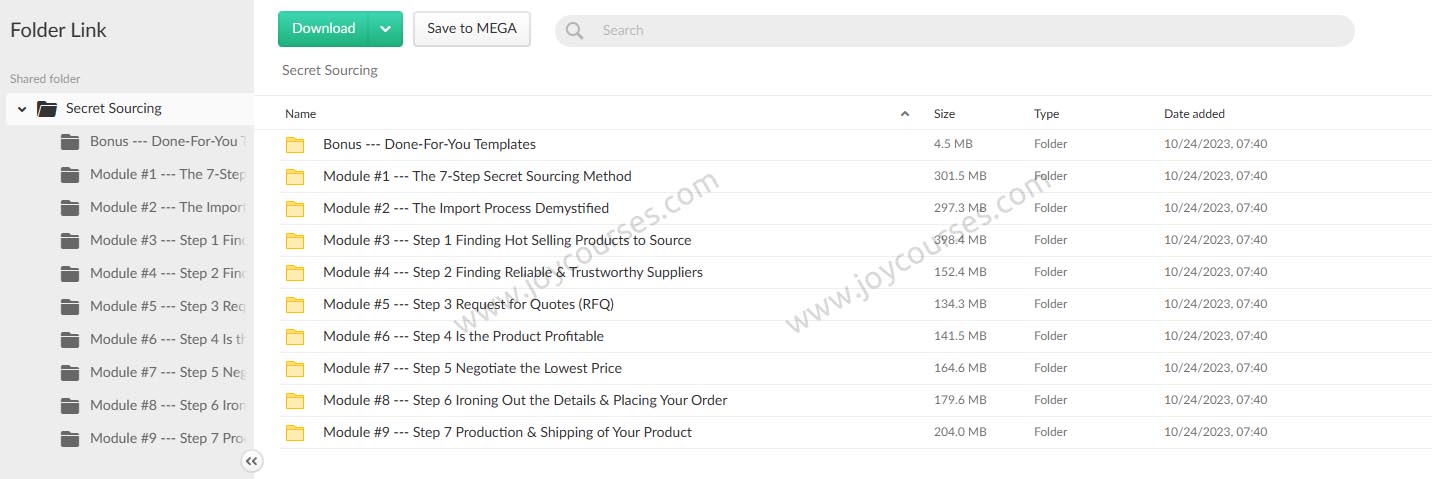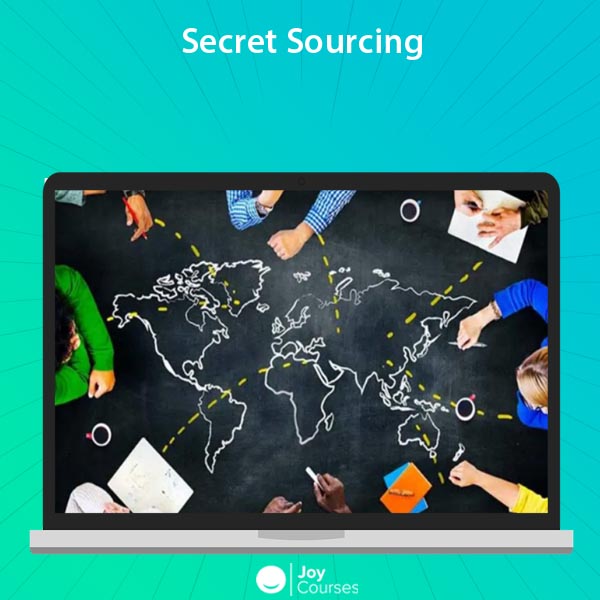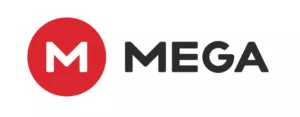Description
Download Proof | Secret Sourcing (1.93 GB)
![]()

Secret Sourcing: Unlocking a Competitive Edge
Introduction:
Secret sourcing is a strategic business practice focused on the discreet acquisition of goods, services, or critical information to maintain a significant competitive advantage. In a global marketplace characterized by intense competition, companies use secret sourcing to innovate while staying under the radar, preserving proprietary methods, relationships, and cost structures.
Benefits of Secret Sourcing:
- Confidentiality and Competitive Edge:
- One of the key advantages of secret sourcing is maintaining confidentiality. By keeping suppliers, pricing models, and strategic partnerships hidden, businesses prevent competitors from replicating their approaches. This secrecy allows firms to safeguard innovations and protect unique market strategies.
- Cost Efficiency:
- Secret sourcing provides a quiet platform for negotiating better terms and pricing with suppliers without drawing attention. This stealth approach allows businesses to make changes without causing industry speculation or influencing competitors’ actions. Ultimately, this can lead to enhanced profitability by reducing costs through favorable deals.
Strategies for Effective Secret Sourcing:
- Supplier Diversification:
- Businesses should avoid dependency on a single supplier by working with multiple vendors. This diversification spreads risk and allows for flexibility when negotiating prices or seeking alternative sources in case of supply chain disruptions.
- Non-Disclosure Agreements (NDAs):
- NDAs are essential tools to protect sensitive information in secret sourcing. These legal agreements ensure that suppliers are bound to confidentiality and establish the terms under which proprietary details can be shared, ensuring both parties are aligned on privacy expectations and consequences for breaches.
Challenges in Secret Sourcing:
- Trust and Relationship Management:
- While maintaining secrecy is crucial, it can also strain relationships with suppliers who may feel out of the loop. Balancing transparency with discretion requires strong relationship-building skills and trust to maintain smooth, mutually beneficial partnerships.
- Risk of Information Leaks:
- Despite careful measures, the risk of leaks always exists. These breaches can occur through internal personnel, external supply chain partners, or cyber threats. Companies must implement strong cybersecurity protocols and continuously monitor for potential vulnerabilities to safeguard their secret sourcing activities.
Case Studies:
- Apple Inc.:
- Apple is a prime example of successful secret sourcing. The tech giant ensures its supply chain details and product developments remain confidential until launch, preventing competitors from copying innovations. By leveraging a global network of suppliers and stringent information controls, Apple preserves its position as an industry leader.
- Luxury Fashion Brands:
- Luxury fashion brands use secret sourcing to maintain exclusivity by discreetly collaborating with specialized artisans and securing rare materials. This approach allows them to create one-of-a-kind products, enhancing their brand value and cultivating an air of luxury that is difficult for competitors to replicate.
Conclusion:
Secret sourcing is a vital tool for businesses that wish to maintain a competitive advantage. By ensuring confidentiality and driving cost efficiency, companies can secure unique resources and strengthen their market position. However, it requires careful management of supplier relationships, legal safeguards like NDAs, and robust security measures to protect against potential leaks. As shown by Apple and luxury brands, secret sourcing can enable companies to remain ahead of their competition by securing proprietary advantages in their respective markets.













